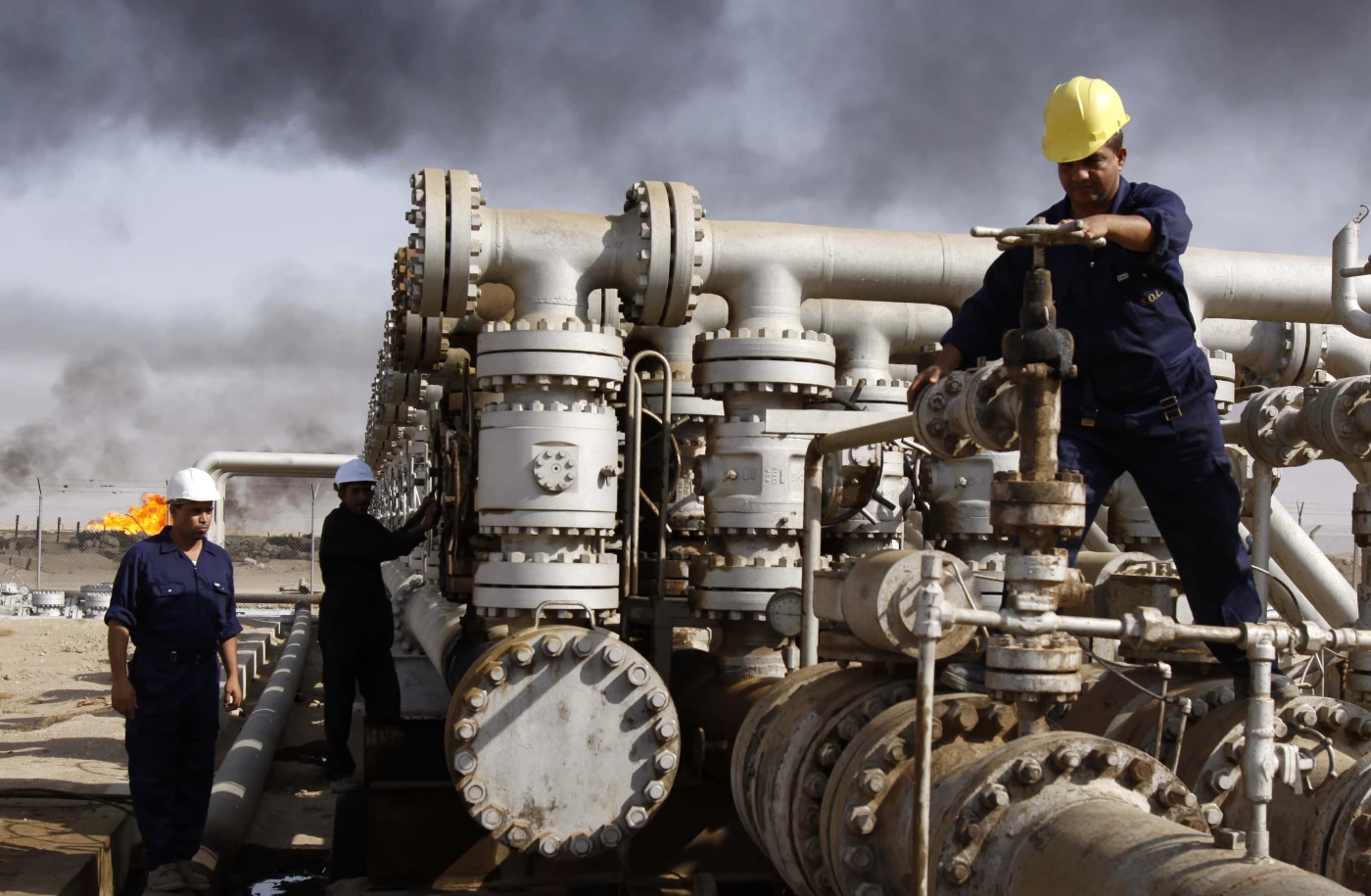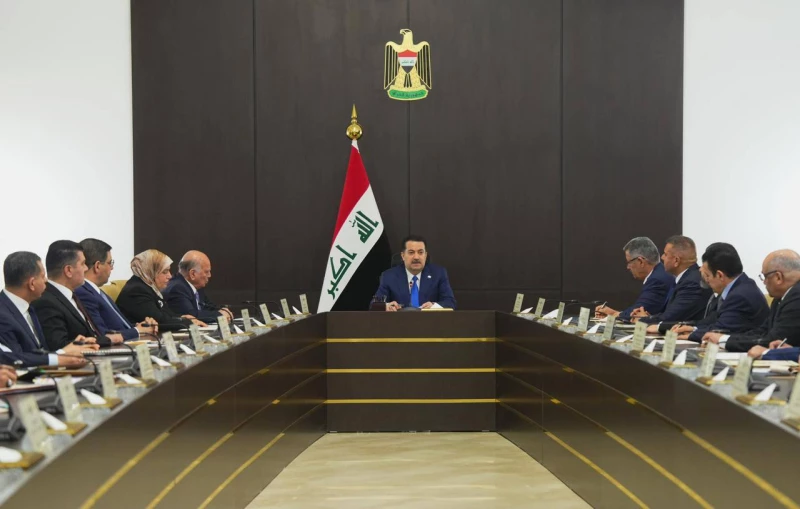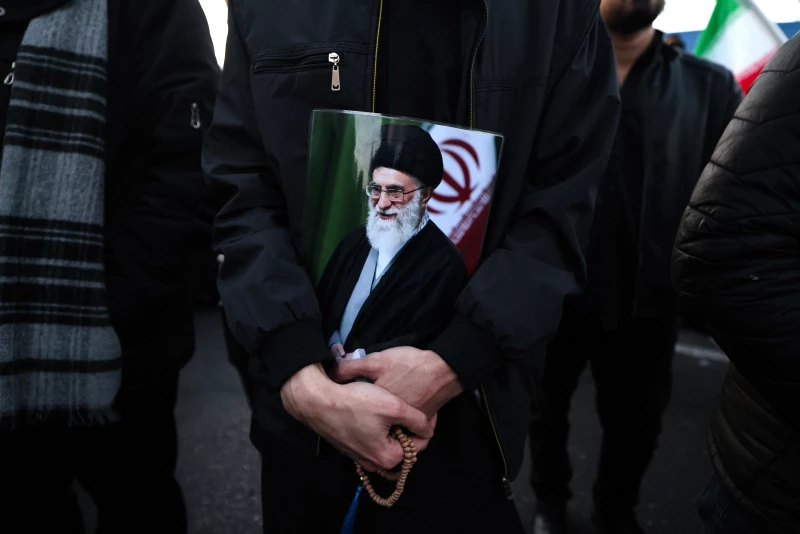ERBIL, Kurdistan Region of Iraq - Iraq is considering reviving the Kirkuk-Baniyas oil pipeline through Syria, a project seen as both economically vital and strategically significant. The move comes as Iraq looks to diversify its crude export routes, reduce reliance on Turkey, and tap into Mediterranean and European markets.
The fall of the Bashar al-Assad regime in Syria has restarted the discourse in the Iraqi public over a potential revival of the pipeline.
Dr. Mudher Mohammed Saleh, economic and financial adviser to Iraq's prime minister, detailed the pipeline’s historical importance and potential future. Speaking to The New Region on Friday, Saleh said, “The Iraqi-Syrian oil pipeline, known as the Tapline, was a cornerstone of Iraq’s oil industry during the 20th century.”
The pipeline was nationalized by Syria in 1972 following Iraq’s oil nationalization that same year. The Syrian regime stopped the flow of Iraqi oil through the Tapline in 1982 due to disputes between the two countries during the Iran-Iraq war.
“Iraq will remain in need of expanding crude oil export routes to its Mediterranean and European customers,” Saleh said. “This requires renegotiating transit fees, assessing Syria’s export infrastructure, and rehabilitating the pipeline within both countries on mutually beneficial terms.”
A Pipeline with History
The Kirkuk-Baniyas pipeline, completed in 1934, originally transported crude from Iraq’s northern oil fields in Kirkuk through Syria to Lebanon’s Tripoli port and Syria’s Baniyas port. Spanning 800 to 900 kilometers, it had a peak capacity of 1.4 million barrels per day, making it Iraq’s primary export route for decades.
However, the Iran-Iraq war prompted a shift to Gulf-based exports and the establishment of the Iraq-Turkey pipeline in the 1980s. In the 1990s, Iraq partially reopened the pipeline to Syria under a limited “oil-for-goods” agreement during the United Nations sanctions era.
Strategic and Economic Goals
Dr. Nawar al-Saadi, an international economics expert, highlighted Iraq’s motives for reviving the pipeline, citing both economic and strategic benefits. “The proposed pipeline reflects Iraq’s efforts to reduce dependence on Turkey’s Ceyhan route, which frequently faces political and security risks,” Saadi told The New Region.
The pipeline could provide a direct maritime outlet to European and Mediterranean markets, serving as a vital alternative in times of tension with Turkey. However, Saadi cautioned that the project faces significant hurdles, including Syria’s unstable security situation and the ambiguity of the new transitional government, international sanctions, and the cost of rebuilding damaged infrastructure.
“Reviving this pipeline depends heavily on the state of Iraqi-Syrian relations, especially in terms of economic cooperation and development of joint infrastructure,” he said.
Challenges and Opportunities
While the pipeline’s rehabilitation offers Iraq opportunities to bolster its position as a leading regional energy supplier, the challenges are daunting. These include the need to navigate Syria’s political uncertainty, the costs of reconstruction, and the sanctions imposed on the country.
Iraqi government spokesman Basim al-Awadi recently outlined a comprehensive plan for post-Assad Syria, which includes revitalizing diplomatic efforts, expanding trade routes through the Mediterranean, and exploring new investment opportunities.
“The Kirkuk-Baniyas pipeline could strengthen regional integration and serve as a cornerstone for renewed cooperation between Iraq and Syria,” Saadi said. “It offers Iraq a chance to diversify its energy exports while rebuilding critical economic ties.”



 Facebook
Facebook
 LinkedIn
LinkedIn
 Telegram
Telegram
 X
X


